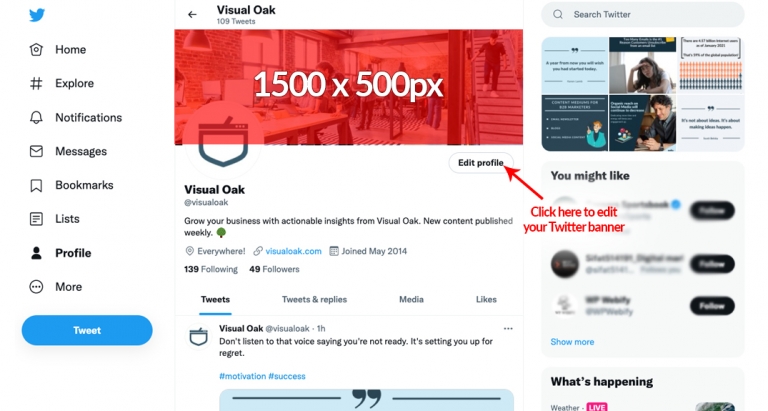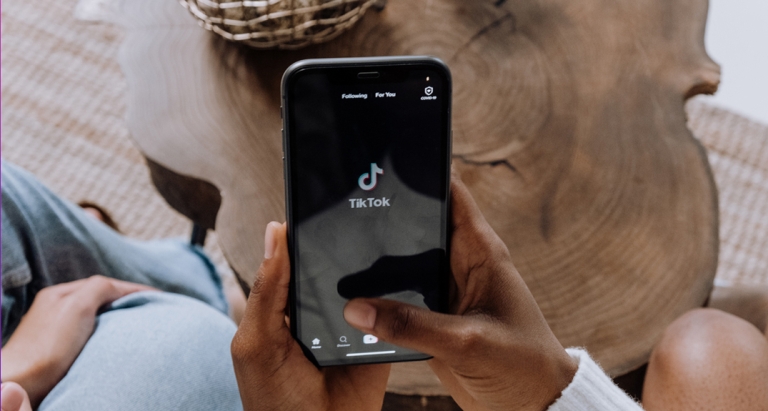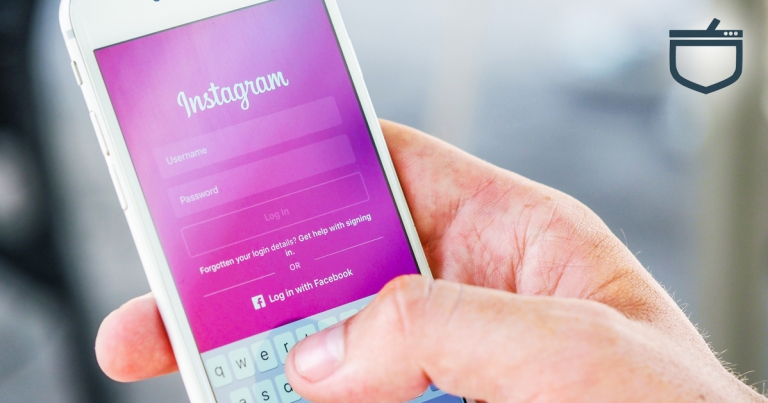6 Ways Recruiters Can Use Social Media to Attract Talent
In 2023, when you want to find someone, you look for them on social media. The platform you would first look at may depend on the purpose or even the generation that you/people of interest belong to, but the point remains the same.
On social media, you’re reconnecting with friends from high school, looking for a plumber, and even contacting shops. Most enterprises use social media for business, at least in some form. So, can recruiters use social media to attract top talent? They can, and they are!
To get the most out of it, you must learn how to correctly use social media for recruitment. Here are some tips that are consistently giving great results during recruitment.
Build your online reputation
Recruitment goes both ways, and just as you vet potential candidates, they’re scouting you, too. They might use your social media profiles to understand your corporate culture. They might want to see what it would be like to work for you.
There are several ways you can portray your company culture via social media.
- Improve the transparency
- Use employee-generated content
- Humanize your brand
- Show off your values
Showing your values is especially easy on social media since you can share content regarding causes you hold dear. The best part is that this is an excellent way to brag much more subtly. It’s one thing to say that something is important and something entirely different to show it.
Remember that while values are important, people are more likely to care about things that directly affect them. In other words, they want to see what the office looks like, who their colleagues will be, etc. It’s important to note that this matters even if you’re recruiting remote workers.
The way you interact with other brands and even customers also matters.
Now, keep in mind that your social media will not be enough. You can use social media to attract attention and invite people to visit your site. So, you need a decent site, as well. The URL to this site should be in your social media bio. It’s also worth mentioning that the other way around might also happen. So, the more traffic your site gets, the more visits your social media platforms get. This is why you should also improve your website’s on-page SEO.
Share your recruitment ad on various platforms
The more platforms you share your recruitment ad, the bigger your reach. Sure, not all platforms are made equal. For instance, some surveys suggest that the best platforms for announcing a job opening are:
Does this mean these platforms are the only ones worth promoting your job opening? Of course not. The wider net you cast, the better. Still, when handling your recruitment manually, you must know which platforms to focus on.
Ideally, your recruitment ad would be short and include an accurate job description. It’s also important to mention that some recruiters go so far and wide that they vaguely even say it’s a job ad.
Fortunately, you don’t have to do this manually.
Use of recruiting automation on social media
The biggest problem with what we’ve talked about is the fact that you’ll have to share your recruitment ad manually and vet all the applicants. You might need to work even more if you contact these applicants personally.
Recruitment automation uses an AI-supported technology to handle the talent search, vetting process, rudimentary outreach, etc. It doesn’t do interviews in your stead; it eliminates repetitive tasks. It also handles tasks regarding data collection and data analysis tasks.
Networking
Platforms like LinkedIn exist for professionals looking for professional connections. You can connect with potential employees and colleagues before starting a recruitment campaign. Let’s say you’re currently not looking for a copywriter, but expect you might need one soon. Why not just add a few people, just in case?
You don’t have to add just copywriters. People from adjacent industries and people who closely collaborate with them (bloggers, SEO experts, etc.) will have copywriters among their contacts. So, if they decide to share your job ad, you might find yourself in a great spot.
Reaching out and collaborating with people could help you in the recruitment process. When you share your recruitment ad, its reach will depend on how many people are willing to share. Now, why do people share?
- They just share automatically (without thinking about it)
- For attention
- To do their followers/friends a favor
- To do you a favor
This fourth reason for sharing is something that you can impact. By establishing a connection via social media, you can quickly build a virtual relationship that will result in a much greater reach. It’s also important to share other people’s content if you expect them to share your content in the future.
Now, not all your contacts, even professional contacts, are those you’ve met online. There are many great marketing conferences and events where you can meet people from different industries. However, social media help people stay in touch and develop relationships.
Employee referral
Your employees probably have acquaintances that are from the industry. They may have attended a course with them, studied at the same college, or worked in a previous firm. Either way, these are the people your employees know personally and can probably vouch for, at least in some capacity.
Your employees can help spread the word about your business outside of this. If a potential candidate approaches them, they can give them first-hand info on what it’s like to work at your company. Sure, they’re an insider, but they’re also not the owner, probably even someone high up, which is why their opinion will seem less biased.
However, while letting your employees promote your business is good, you can’t just let them randomly promote you. You need to establish a corporate social media policy. This way, you’ll prevent a scenario where you send too many conflicting messages. This won’t reflect just your recruitment but your team unity.
Set a paid advertising budget
Paid advertising on social media is a common practice in social media marketing. In fact, you might have seen it already. So, why not pay to promote your recruitment ad? This will drastically increase your reach and doesn’t cost too much.
The cost of this is determined on a pay-to-click basis. You pay the platform only when people click on your ad. The most significant advantage of this is getting more potential applicants with more attention. As a result, you have a deeper talent pool to pick from. Sure, not all of these leads will be ideal, but through careful selection, you may be able to choose a few strong candidates.
It’s not about how much you pay but the value you get from your investment. Still, if you want results, you must be generous with your spending. This is why you must start by setting a budget for paid advertising on social media.
Paid ads have access to special analytical tools, which allows them to be more precise when targeting. For transparency (since you pay per click), you can track the exact number of people who clicked on the ad. You’ll have better insight with all this information on your side.
Use the right hashtags
Hashtags are the keywords of your recruitment campaign. So, what are people looking up? Sure, a job title is a logical keyword but what else? They are probably wondering about the workplace. Is it an on-spot or remote job, or do you run a hybrid workplace? Sure, some of these phrases may be too long for hashtags, but you can try to use at least some of them.
You need hashtags with a lot of traffic, so you want to use those that are already common. The hashtag #wewantyouforX company works surprisingly well. You could do some research and see what hashtags others use. This doesn’t fall under copyright infringement as long as you don’t use the name of their company.
One more important thing is that you shouldn’t use too many hashtags. About five to eight is more than reasonable, but adding 30 hashtags is just wrong. It will make your post seem less respectable and make your offer less serious.
Also, remember that you need to use hashtags that relate to your audience, not just your company. For instance:
Are valid even though you’re not the one looking for work. People type this in their search, so these hashtags give you the best results.
Everyone is on social media, even the talent you’re looking for
So, you’re using social media to find talent and help talent find you. You’ll already achieve a lot by portraying your business in the best light and just putting the word out there. Your employees may be of immense help but don’t expect to achieve incredible results without investing in paid marketing. Combined, these methods are supposed to give excellent results.






